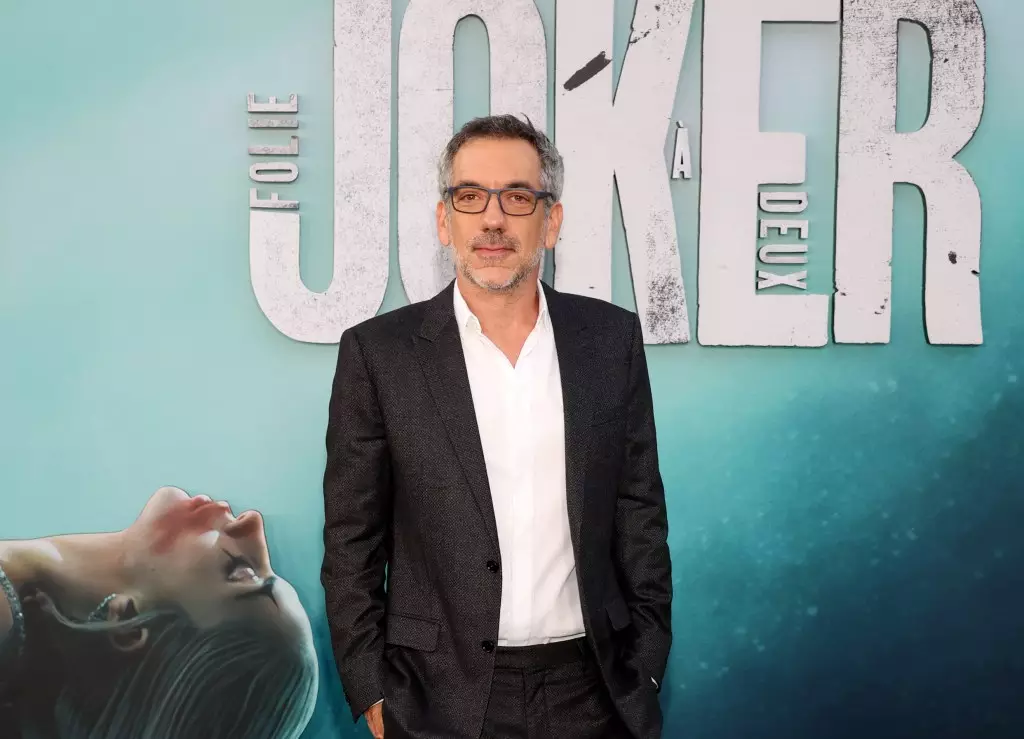In a rapidly evolving entertainment landscape, the cinema experience has faced mounting challenges, driven in part by the increasing popularity of streaming services. One of the industry voices addressing these concerns is Todd Phillips, the director of “Joker: Folie à Deux.” He recently shared his thoughts on a significant adjustment that could enhance the moviegoing experience: the elimination of commercials before film screenings. As movie enthusiasts look for a compelling experience, Phillips underscores a simple yet crucial desire—viewers want to dive straight into the cinematic narrative without distractions that detract from their engagement.
Phillips argues that the excitement of entering a theater is often dampened by the barrage of advertisements preceding the feature presentation. “We’ve paid for our tickets. We’re excited to be there,” he remarked. This sentiment resonates with many moviegoers who find commercials to be an unwelcome intrusion into their cinematic journey. The anticipation built in the minutes leading up to the film’s start is frequently interrupted, leaving audiences feeling disheartened before the story even begins. By removing commercials, theaters could focus on enhancing the emotional connection between the audience and the film, fostering a gratifying and immersive environment.
Phillips’ remarks arise amidst a broader conversation among filmmakers regarding the direction of the industry. While some directors, like Sean Baker, express concern about the trend toward streaming and the gradual decline of traditional cinema formats, others highlight the innovative dynamism that streaming platforms afford creators. Paul Feig, creator of “Freaks and Geeks,” praised the shift, suggesting that streamers have provided a necessary lifeline for artistic expression during tumultuous times. The dichotomy within the film community reveals a tension between tradition and technological advancement, making audiences question where the future of film will ultimately lie.
Despite Phillips’ bold stance on improving the theatrical experience, his latest project faced significant hurdles upon release. With a production budget nearing $200 million, “Joker: Folie à Deux” failed to resonate with critics and audiences alike. The film’s underperformance starkly contrasts the expectations set by its predecessor, raising eyebrows and inviting scrutiny. Industry figures like Paul Schrader went as far as to deride it, stating they resorted to shopping mid-screening, branding it a “really bad musical.” Yet, not all feedback was negative; Quentin Tarantino praised the film as a provocative statement against Hollywood, showcasing the divisive nature of cinematic reception.
As the industry grapples with how to invigorate the theater experience, insights from voices like Todd Phillips become critical. His call to forgo commercials is more than merely a suggestion; it emphasizes a growing need for the industry to pivot and innovate. With streaming services continuing to challenge traditional norms, the future of cinema might hinge on re-evaluating audience expectations and altering how films are presented. Ultimately, the goal remains the same: to create a space where storytelling can flourish, unhindered by distractions, allowing the magic of film to shine through once more.

